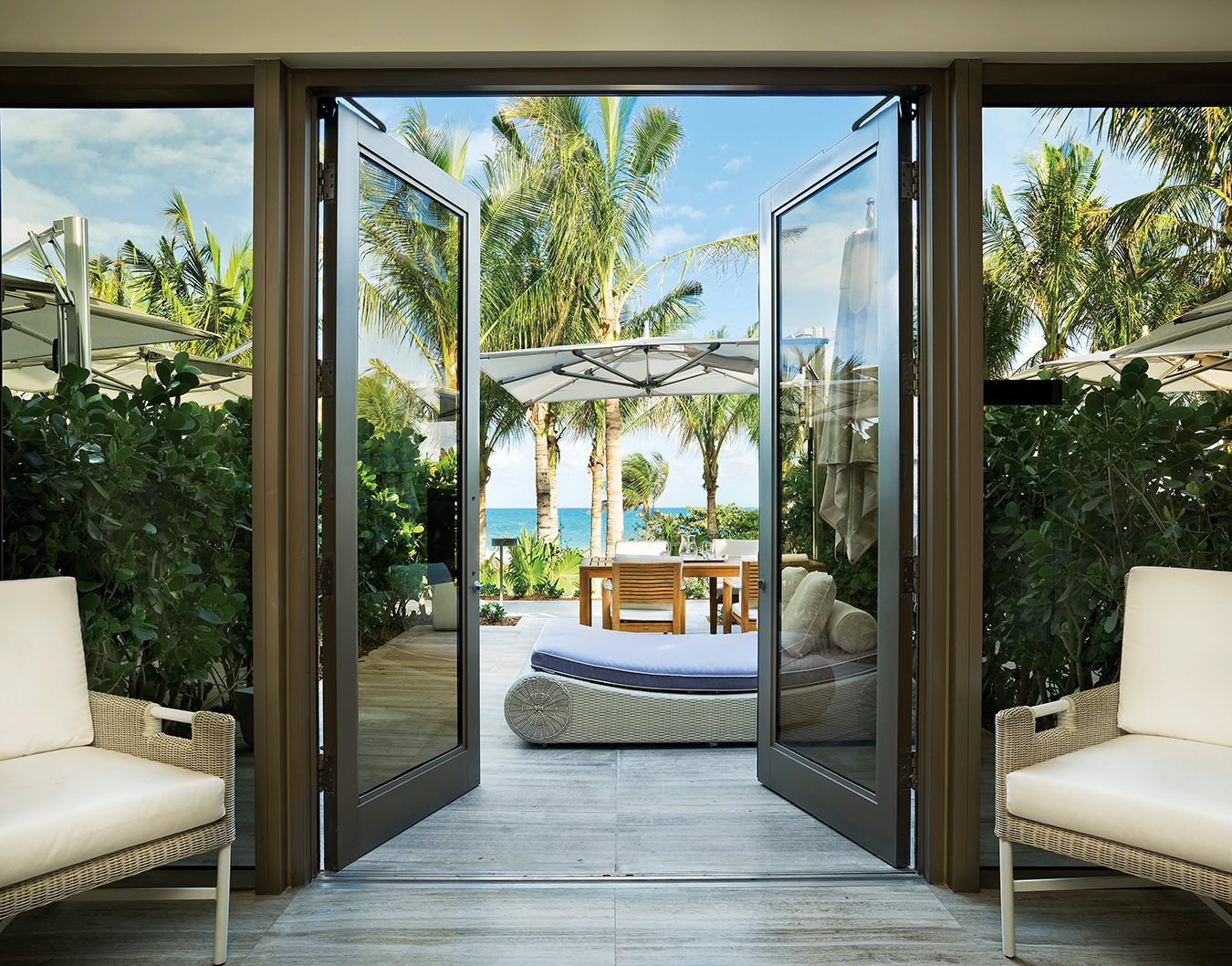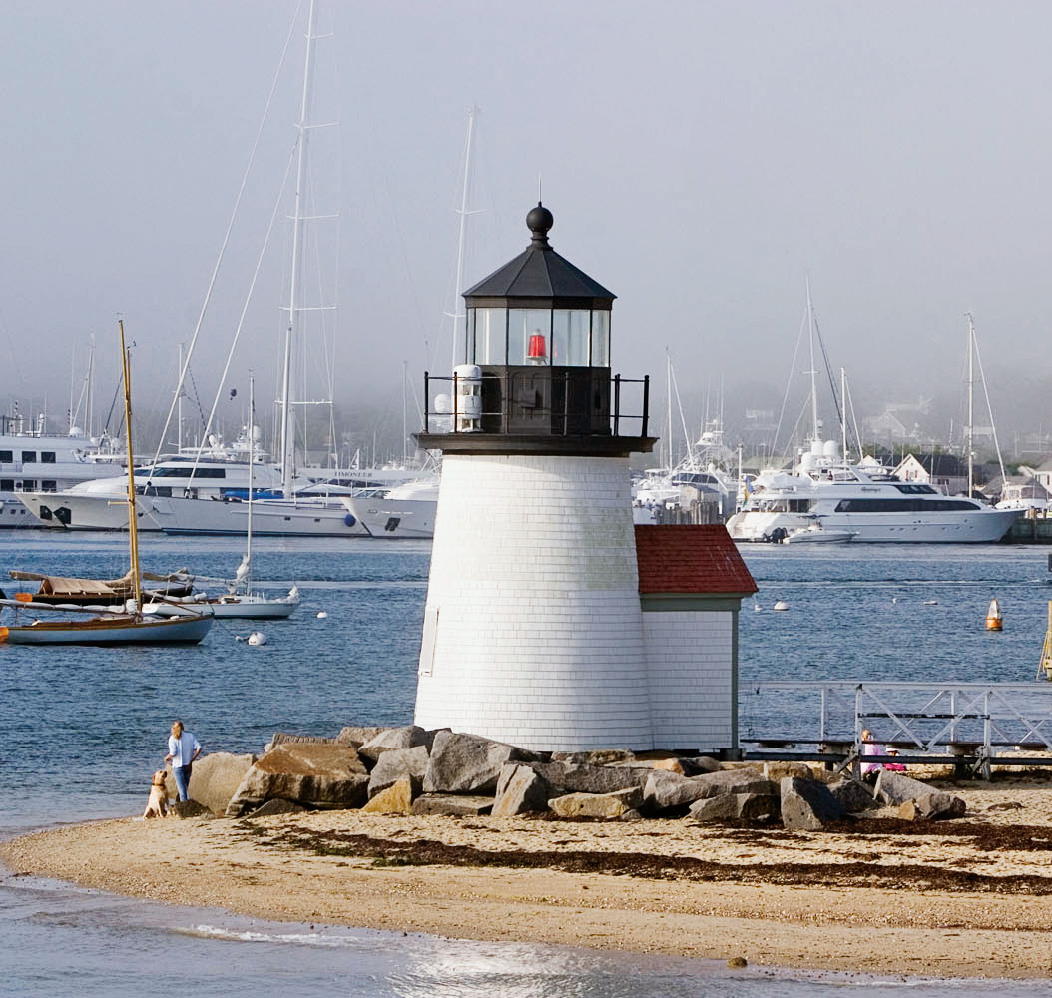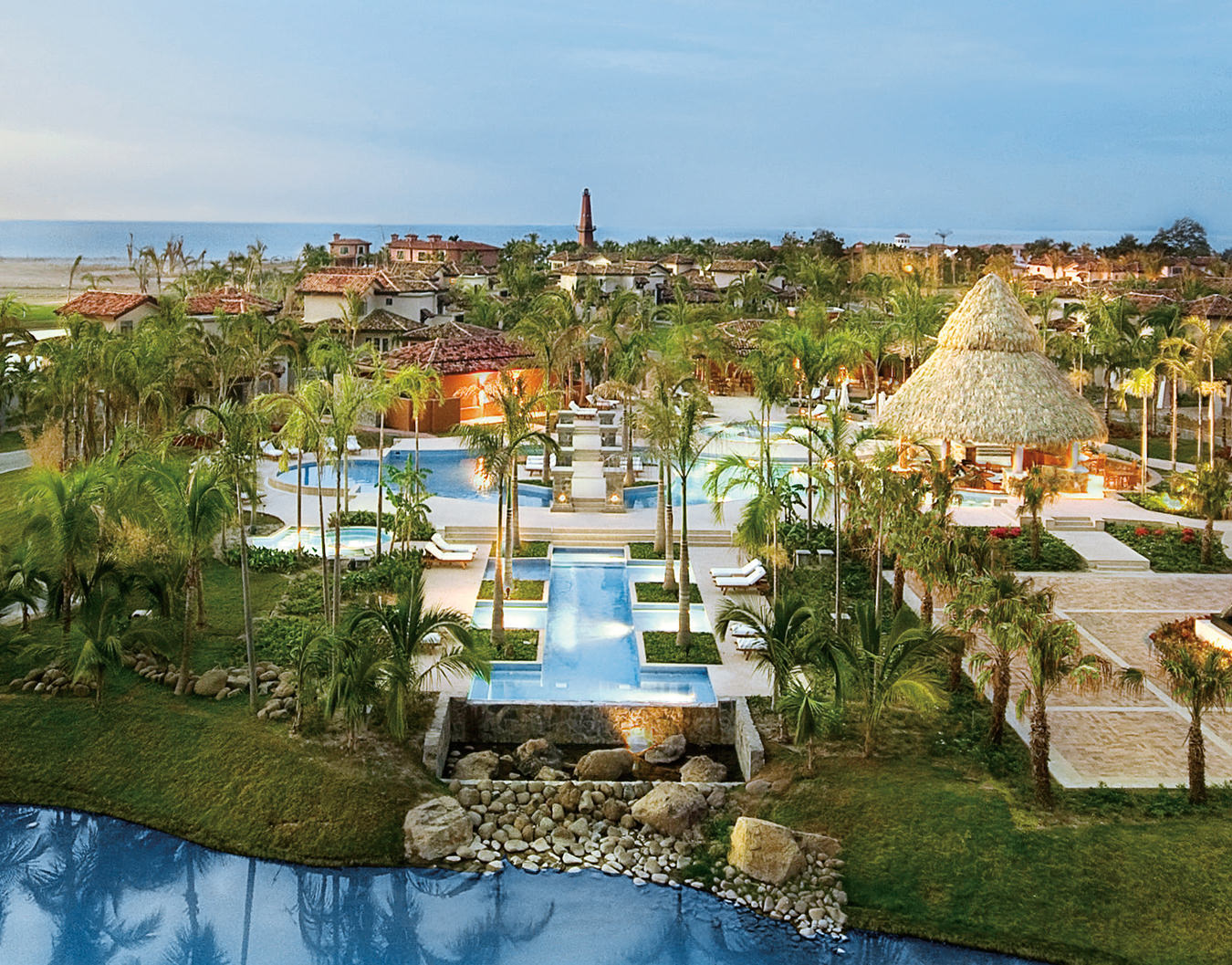Hangzhou, China
A historic jewel.
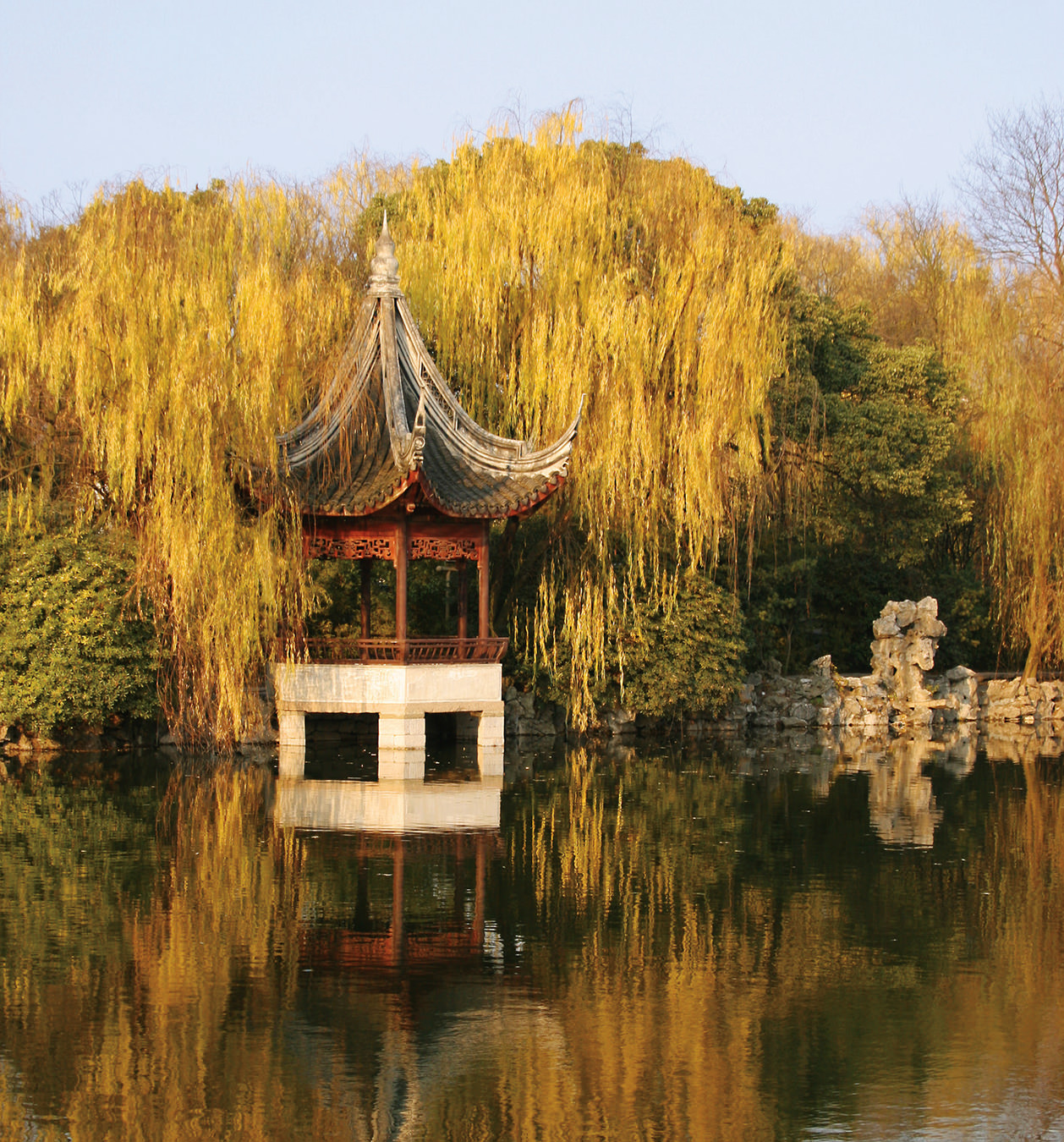
The picturesque willow-fringed West Lake in Hangzhou, China. Photo ©ShoutForHumanity/DreamsTime.
Shang you Tian Tang, xia you Su Hang: In heaven, there is paradise; on Earth, Suzhou and Hangzhou.
Hangzhou, situated in the Yangtze River Delta and a 38-minute ride by high-speed train from Shanghai, is one of China’s most unique destinations. The recent feverish growth of Shanghai has sparked the rediscovery of Hangzhou as a peaceful retreat and a cultural masterpiece. The city’s willow-fringed West Lake and terraced tea plantations have long impressed travellers. Only now coming into the global spotlight, Hangzhou’s gorgeous pagodas, historic temples, and lush gardens have been inspiring Chinese poets and painters for centuries.
Marco Polo was the first Westerner to visit Hangzhou at the end of the 13th century, and he marvelled at its beauty. Polo described Hangzhou as “the city of heaven, the most beautiful and magnificent in the world.” Although Hangzhou is much more modern than it was when Polo visited, the city has retained its charm. The West Lake is the prime attraction, a seamless integration of natural beauty within Chinese culture. Originally a shallow inlet, this section of the Qiantang River was dredged and dammed in the eighth century to form the lake that exists today.
Legend has it that a golden dragon and jade phoenix once found a precious jewel in the mountains nearby. A goddess noticed this jewel and had it stolen from the dragon and phoenix. She kept the jewel hidden until her birthday, when she unveiled it at her party. Once the jewel was exposed for all to see, the golden dragon and jade phoenix attacked heaven to claim the jewel, but in the process, the jewel fell down to Earth, to the spot where the West Lake is.
There are plenty of love stories about the West Lake, too, of which the most well-known concerns Xu Xian, a young scholar, who fell in love with a beautiful woman, unaware that she was a white snake. A monk intervened to save the scholar’s soul and cast the white snake into a deep well at the Leifang Pagoda, just south of the West Lake.
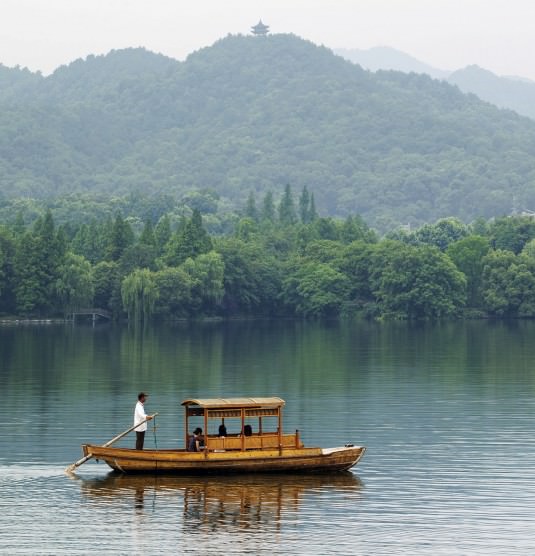
A traditional Chinese row boat traverses the West Lake. Photo ©OksanaPhoto/Dreamstime.
The folklore of the West Lake is re-created in a spectacle of light, music, and dance in a dream-like performance of fantastic elegance. Impression West Lake is masterfully choreographed by Zhang Yimou, a Chinese director whose name is synonymous with the 2008 Beijing Olympics Opening Ceremonies. (Zhang was the wizard behind that little bit of fou drums coordination.) Staged entirely on the wavy, mellow West Lake, on a stage built three centimetres below the water’s surface, Impression West Lake is a walking-on-water spectacle. The history and culture of the West Lake and the picturesque natural landscape of its environs are performed in spellbinding fashion. Impression West Lake is not opera, dream, or party, but thousands of years in show.
The Shangri-La Hotel Hangzhou stands on the north shore of the West Lake, on 40 acres of lush greenery. The property’s location commands photographic views of the lake and is an ideal base for exploring the city’s surroundings.
Nearby, the Lingyin Temple (Temple of the Soul’s Retreat or Temple of Inspired Seclusion when translated), got its name from its tranquil surroundings, and it is a quiet and sheltered sanctuary (when it’s not thronged by visitors and pilgrims). Built in AD 328 by the Indian monk Huili, the Lingyin Temple is notable as one of the 10 most important temples in all of China, and it houses a collection of treasures and relics. These include a fat, bare-bellied laughing Buddha; a 19-metre-tall statue of Sakyamuni, founder of Buddhism, seated on a 10.5-metre-high lotus flower; and the 500 Arhats, bronze statues resembling 500 of the earliest high-ranking Buddhist disciples of China. More than 200 monks reside in the temple. (According to a local translator, “They are very rich, so don’t be surprised to see them with their BlackBerries.”)
Modern technologies have infiltrated remote regions, yet Hangzhou’s influences are very much secured in its past. This haven is quickly becoming a staple on travellers’ must-see lists, offering scenic grandeur and secluded tranquility.


